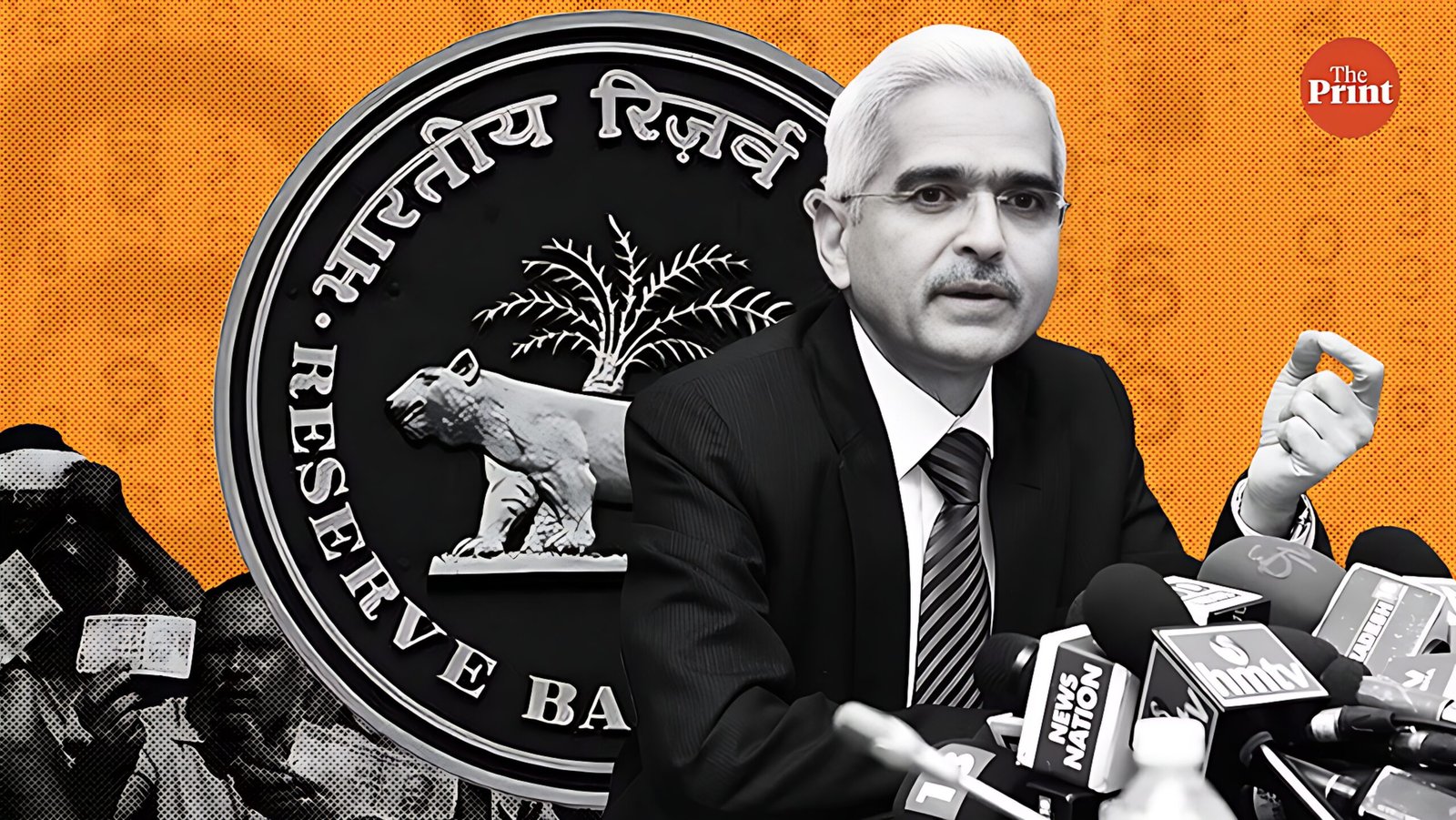The Reserve Bank of India (RBI) is developing a lightweight and portable payment system designed to operate during catastrophic events.
About Lightweight and portable payment system:
- The RBI has conceptualized this system which it is calling a bunker which is an equivalent of digital payments that can be operated from anywhere by a bare minimum staff in exigencies such as natural calamities or war.
- It is expected to operate on minimalistic hardware and software and would be made active only on a need basis.
- The infrastructure for this system will be independent of the technologies that underlie the existing systems of payments such as UPI, NEFT, and RTGS.
- The system is expected to process transactions that are critical to ensure the stability of the economy, including government and market-related transactions.
- The existing conventional payment systems such as RTGS, NEFT, and UPI are designed to handle large volumes of transactions while ensuring sustained availability.
- As a result, they are dependent on complex wired networks backed by advanced IT infrastructure.
What is NEFT?
- The National Electronic Funds Transfer is an electronic method of transferring money online.
- It enables transferring funds from the account maintained with any bank to any other bank branch, provided the transaction is attempted between the banks that participate in the NEFT payment system.
- The payments made via NEFT are processed and settled half hourly batches and transactions can be performed 24*7.
- Minimum Transfer Value: Rs. 1
- Maximum transfer value: No limit
- Money transfer made through NEFT does not require any additional transaction costs.
What is RTGS?
- It stands for Real-time Gross Settlement, which is a payment mode where the money is transferred from one bank account to the other in real time, without any delay.
- It is mostly used for transactions of high value.
- When using the banking method, RTGS is the fastest possible way to transfer money.
- Transactions made through RTGS are processed on a one-to-one basis and transactions can be performed 24*7.
- Minimum Transfer Value: 2 lakh
- Maximum transfer value: No upper limit is there, but can vary between banks.




